Credit Card Debt Consolidation in the PH: How Does It Work?
 5 min. read
5 min. read_20240306105604000-c45147dee729311ef5b5c3003946c48f.jpg)
When used properly, credit cards provide numerous benefits—from convenient transactions to exclusive perks. Conversely, failure to practice responsible credit card use due to bad spending habits and a lack of financial know-how may leave you with hefty balances and interest rates. These factors give credit cards a bad reputation.
Here's where this article can help. If you're in a similar situation, credit card debt consolidation is an ideal strategy to better manage your balances. You only need to know how to consolidate credit card debt.
What is Credit Card Debt Consolidation?
Credit card debt consolidation involves combining multiple card balances into a single, more manageable debt. One of the biggest advantages of this method is it eases the challenges of handling numerous credit accounts, allowing you to regain control of your financial situation and work toward debt-free living more efficiently.
Consolidating credit card debt is crucial so as not to compromise your financial standing and creditworthiness. For one, unpaid debt accumulates interest charges and late fees on your account, exacerbating your burden. In addition, your credit score will suffer, making it difficult to secure future loans and other means of credit.
A good understanding of how to avoid these problems through debt consolidation can improve your financial health in the long run.
How to Consolidate Credit Card Debt in the Philippines
Weigh the costs, interest rates, and repayment terms of the following methods to identify the most appropriate option for your financial situation and goals.
- Transfer your balance
This method involves moving your existing liabilities from high-interest cards to a single balance transfer card with a lower interest rate. It simplifies your repayment process and saves you money over time by reducing your overall interest expenses.
If you’re looking to conduct a balance transfer, RCBC makes it much easier for you to do just that. Combine your outstanding balances from other credit cards into your RCBC Credit Card and take advantage of convenient installment payment options, allowing you to make payments for up to 36 months. - Take out personal loans
Personal loans typically have fixed rates and structured repayment plans, providing a more manageable way to pay off credit card balances. You'll only make a single monthly payment with significantly lower interest.
One caveat is that, depending on your financial habits, your credit score might be insufficient to qualify for a personal loan. Check with your bank first to avoid frustrations down the line. - Seek out credit card debt consolidation loans
Your bank may offer programs directly addressing debt consolidation by giving you a fixed-rate loan. The idea is similar to personal loans—you'll dedicate a single account for your credit card debts, simplifying your repayment obligations. Like personal loans, your creditworthiness also determines your eligibility. - Utilize home equity to secure a loan or credit line
If you're a homeowner, you can use the equity you've built up in your home as collateral for a loan or credit line. In return, you can enjoy significantly lower interest rates than typical loans.
On the downside, you're putting your home on the line where failing to repay could result in the loss of your property. Assess your financial priorities and weigh other options before undertaking this approach. - Discuss a payment plan
Many creditors are willing to create a realistic and manageable repayment plan that suits your financial situation. After all, their main goal is to recoup lent funds. By expressing your commitment to resolving your obligations, there's a stronger chance they will renegotiate your terms.
Debt consolidation plans with feasible interest rates and payment periods provide opportunities for regaining control of your finances without resorting to loans. - Enlist the help of a finance professional
You don't have to manage your financial obligations alone if you work with certified financial planners or credit counselors. These professionals can provide guidance that is ideal for your current financial situation and help you understand your options. Their expertise is also valuable when negotiating with creditors, so you can skip the guesswork and consolidate your debts with better results. - Set up a debt management plan
A debt management plan is another consolidation option that doesn't involve taking out a new loan or credit line. Instead, you work with a credit collection agency to develop a comprehensive plan to repay your creditors.
These agencies represent creditors and help you potentially secure more favorable rates and terms. You then make monthly payments to the agency, which distributes the funds to your creditor. In effect, you can resolve your debt while benefiting from the expertise of credit professionals.
Get Back on Your Feet through Credit Card Debt Consolidation
Credit card debt repayment is vital to your financial health. Consider consolidating unmanageable debt through the methods discussed for a more sustainable approach to money management.
The right credit cards can be powerful financial tools. Luckily, RCBC's credit cards have budget management features to help you avoid overspending.
Apply now or contact us for more information!

 bc
bc





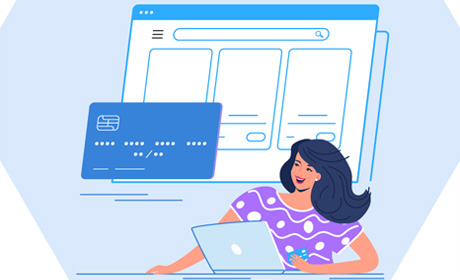











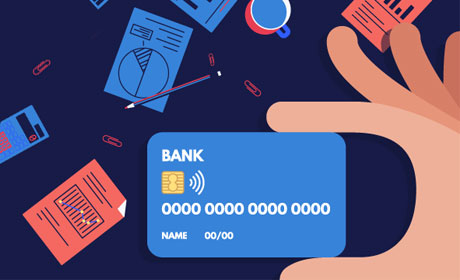


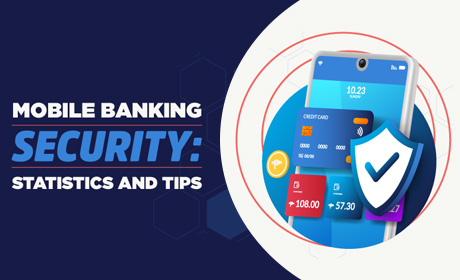


.png)
.png)





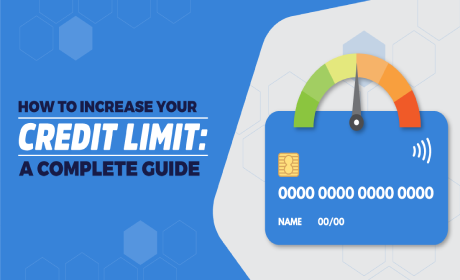
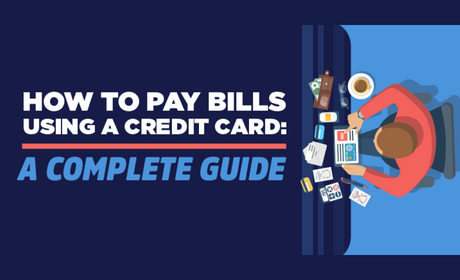



.jpg)
.jpg)
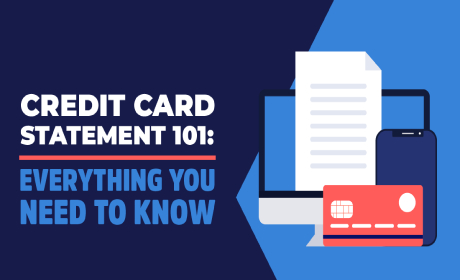
.jpg)

.jpg)
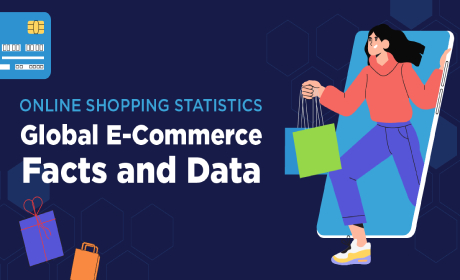
.jpg)

.jpg)
 (1).jpg)
 (1).jpg)
 (1).jpg)

.jpg)
 (1).jpg)
 (2) (1).jpg)
 (2) (1).jpg)
.jpg)
 (1).jpg)
 (1).jpg)
 (1).jpg)
 (1).jpg)


.jpg)
.jpg)
.jpg)
.jpg)

.jpg)
.jpg)

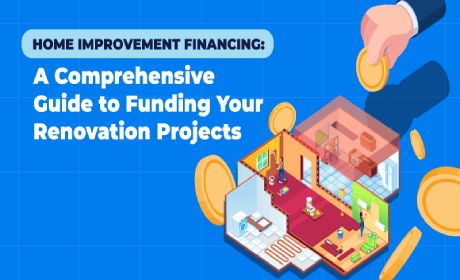
.jpg)
.jpg)
.jpg)
.jpg)
.jpg)
.jpg)


.jpg)
 (1).jpg)

.jpg)

.jpg)
.jpg)
.jpg)
.jpg)
.jpg)
.jpg)


